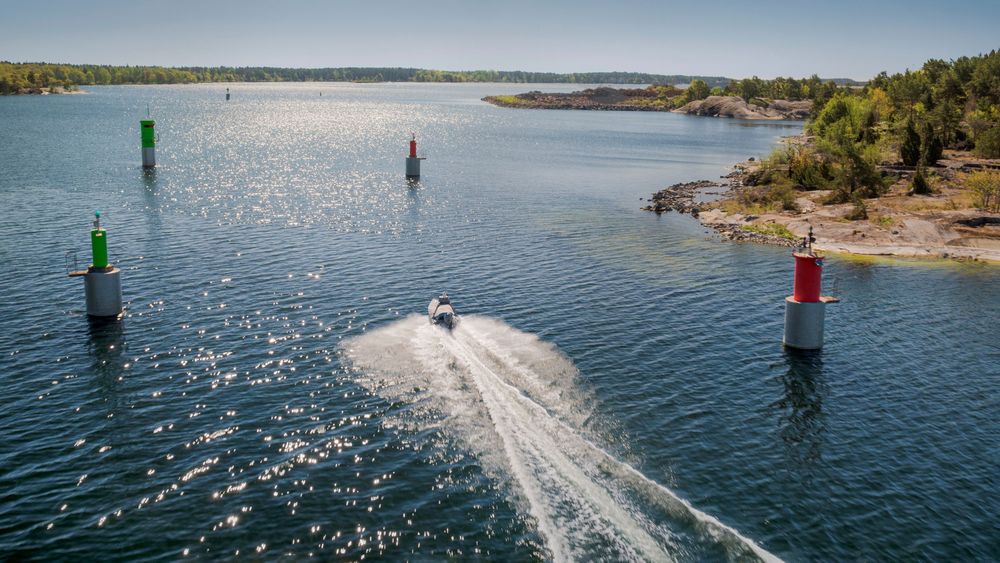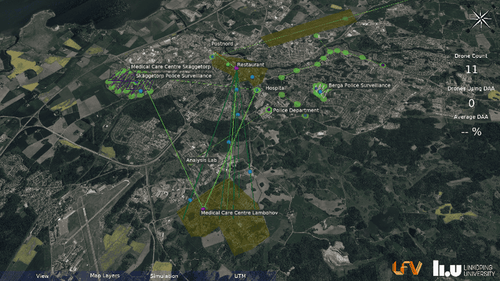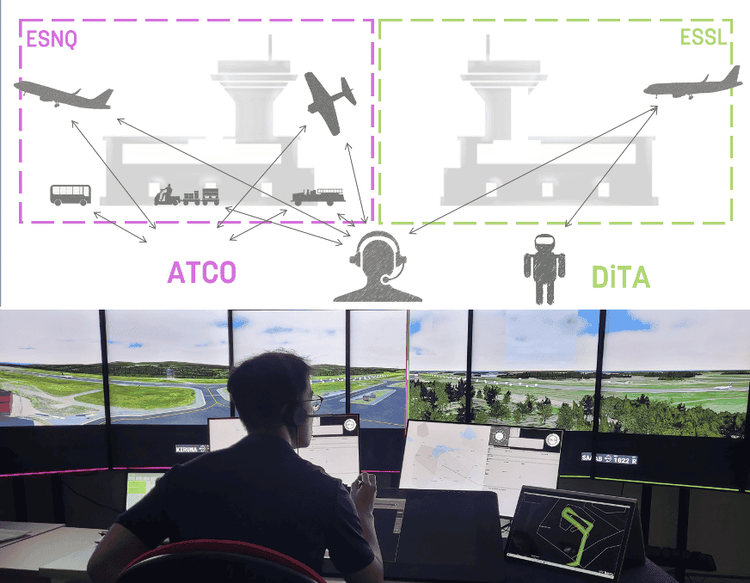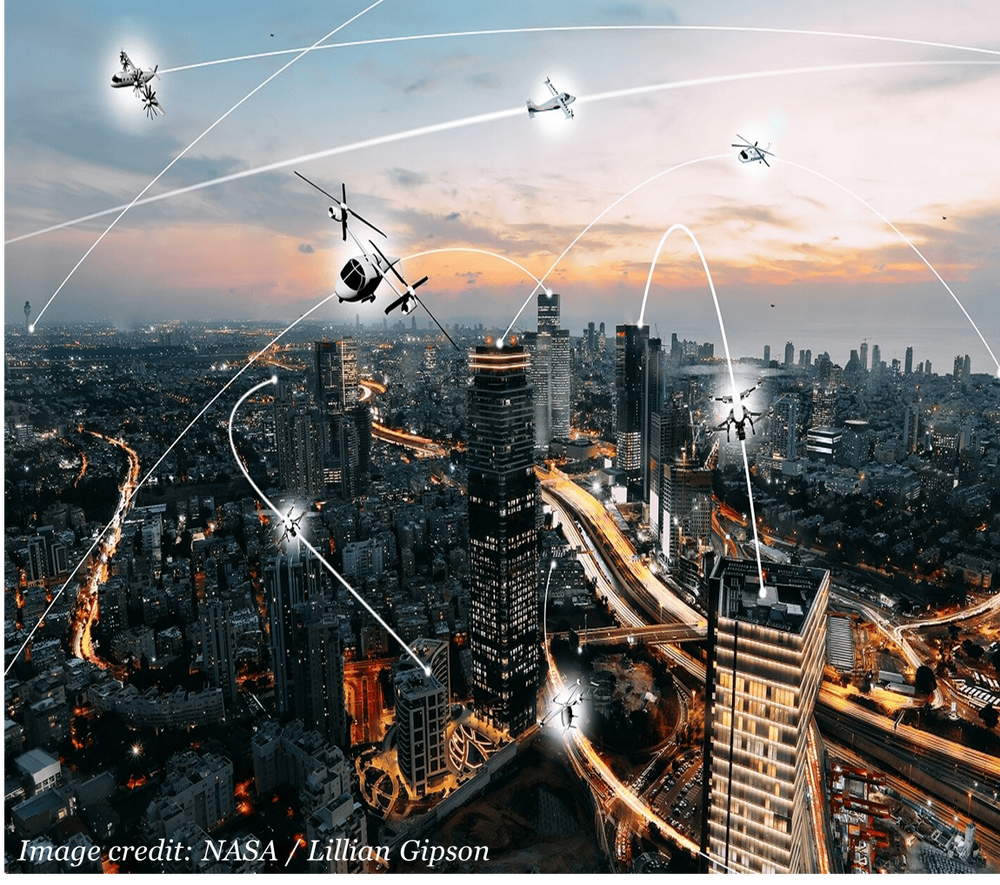
WARA Public Safety
Research focusing on autonomy in public safety
WARA-PS is a research arena within WASP, the largest research program in Sweden ever. WARA- PS stands for “WASP Research Arena for Public Safety” and is a multi-domain arena to support research in collaborative systems for public safety.
Public safety and security research is of increasing interest and importance both nationally and internationally and requires new technical solutions that can showcase the advances in Autonomous Systems and Software research. WARA-PS explores and tests the use of collaborative heterogenous agents in public safety related scenarios, such as search and rescue missions at sea, by conducting searches, surveillance, and transportation of necessities.

AAM (Advanced Air Mobility) Regional Services (ART)
Advanced Air Mobility in and near cities
The project models advanced air mobility in and near cities (AAM) for regional services in three regions, to understand how services that use larger and smaller drones can be made possible. The project aims to support the introduction of AAM in an effective and harmonized way by providing knowledge with a high degree of realism and to activate regional and local competencies in the planning and implementation process of AAM. The project is managed by LFV and LIU.

Haiku
Human AI teaming Knowledge and Understanding for aviation safety
HAIKU aims to deliver and study mature prototypes of AI Digital Assistants for the aviation domain to derive comprehensive human factors design guidance and methods on how to develop safe, effective, and trustworthy Digital Assistants for Aviation.

DITA RTS
Digitization and Remote Tower Services open an operational concept where an individual manages more than one airport at the same time. Simultaneous movements at several airports become a challenge for the air traffic controller in terms of attention (safety) and giving directives (efficiency) to aircraft and ground vehicles. Similar challenges exist in other related traffic management situations and domains. In this project, we ask the question, what if some traffic could be delegated to AI, in the form of a Digital Tower Assistant (DITA). In a system with digital assistance, humans work together with AI and automation (Human-in-the-loop AI). The essence of the DITA concept is that the operator can delegate work to DITA, with a high degree of transparency and predictability, including standard procedures for common deviations. The projects builds and tests prototypes and tests them in a remote tower simulator. The investigation takes place at relatively low TRL, focusing on generalizable technical concepts for traceability in human work and DITA’s work, and generalizable operational concepts for efficient and safe management of traffic with delegation of traffic to DITA.

Dynamic Multi-Drone Route Planning with Uncertainty and Constraints
DyMuDRoP
The overall goal of the project is to develop novel AI techniques for achieving robust and resilient collaborative goal achievement in dynamic, uncertain and potentially adversarial environments. To be more specific, the project will develop the technical foundations for managing the movements of multiple aircraft under dynamic and uncertain real-world conditions which is a key component for air-traffic management and autonomous airports. This clearly contributes directly to develop digital infrastructure for effective and safe future air transportation and to develop autonomous functionalities for unmanned aircraft systems. The project is also likely to contribute to increasing the energy efficiency of air transportations and thus reducing the climate impact.
